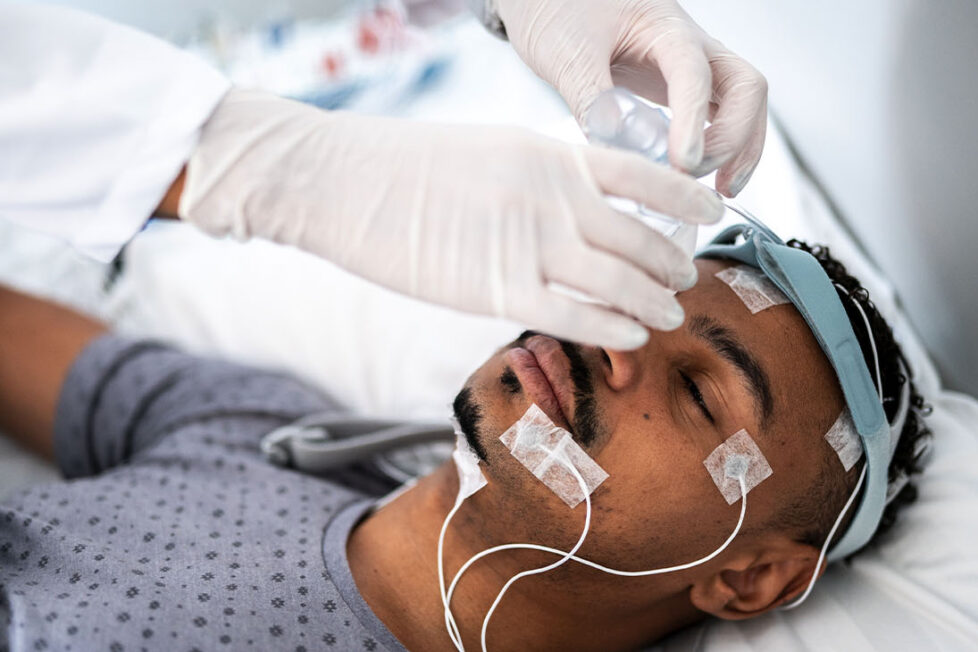New study suggests melatonin use eases risk of self-harm behaviors in adolescents


By: Ayesha Hana Shaji, Texas Metro News Staff
In a recent study, melatonin, a hormone that regulates sleep wake cycles, could potentially reduce risk of self-harm behaviors in adolescents.
The study by Leone et al., published in the Association for Child and Adolescent Mental Health’s Journal of Child Psychology and Psychiatry, analyzed 25,575 Swedish youth who began melatonin treatment between ages 6 and 18 and found that while the rates of body injuries, falls and transport accidents were similar before and after the melatonin initiation, the risk of self-harm was highest in the months immediately prior to medication and decreased thereafter.
[SCROLL BREAK!!! Bayou Beat News can also be found in PRINT at a store near you. Click the link below to check out our E-Edition!]
This was especially true for female adolescents with depression and or anxiety. The study concludes that sleep interventions could be considered in an effort to reduce the risk of self-harm in this population. While the findings of the study are promising, it is important to note that the study was conducted in Sweden and may not necessarily apply to other countries or populations.
Moreover, the study cannot prove melatonin caused the reduced rates of self-harm, only that there is a correlation. Further research is needed to fully understand the potential benefits and risks of melatonin use for self-harm behaviors in youths. It is crucial for parents and healthcare providers to be aware of the warning signs of self-harm and to seek appropriate help for affected children and adolescents. If you, or anybody you know, are suffering from self-harm, reach out to local mental health crisis services.
Ayesha Hana Shaji is a 2022 graduate of the University of Texas at Arlington, where she was on The Shorthorn staff. Email: www.ayeshahshaji@gmail.com
